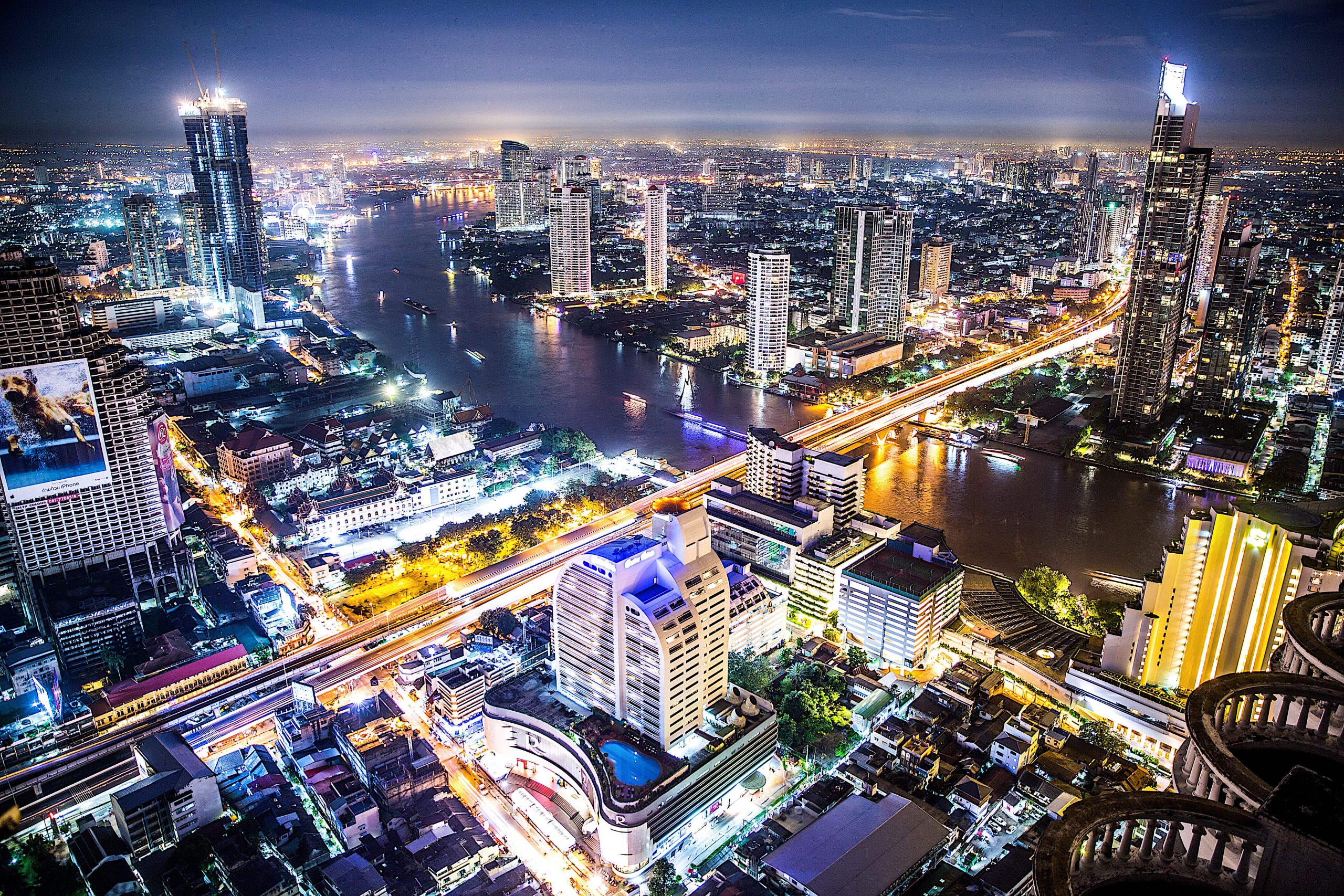With the aim of boosting tourism, Thailand is planning on implementing a visa-free scheme, though not expecting an immediate rush of Chinese tourists, a group that normally hovers around 700,000 per month. Several factors like security concerns and lower flight frequencies, currently halved compared to pre-pandemic era in 2019, temper the expectations. Instead, tourism operators, especially in Phuket, have turned their gaze towards Kazakhstan, anticipating a wave of visa-free tourists from September 25 to February 29, 2024, a demographic seen as potentially lucrative.
The Tourism Authority of Thailand (TAT) conveyed that the potential seat capacity allocated for Chinese flights in the fourth quarter stands at approximately 400,000 seats. This is a far cry from the figure for the same period in 2019, which was double the current provision. Sisdivachr Cheewarattanaporn, the association of Thai Travel Agents’ president, pointed out the tough task the government face in reaching their target of five million yearly Chinese arrivals, as actual monthly figures now stand around 350,000. From the start of the year to September 10, arrivals from China totaled to 2.28 million.
According to Sisdivachr, the swift implementation of a visa-free arrangement would be a major boost to the Thai tourism industry. But, issues such as Thailand’s safety reputation among Chinese netizens and lack of enough flights will mean that the visa-free policy could only generate a 50% improvement.
In view of Prime Minister Srettha Thavisin’s impending visit to China, experts suggest that the government should seize the chance to discuss tourism cooperation and seek Beijing’s assistance in quashing false information circulating about Thailand tourism on Chinese social media platforms. Yet another challenge is the potential hardship many Chinese citizens face when applying for passports, a problem that Thai government cannot tackle without support from Beijing.
An anonymous TAT executive stated that the impacted visa-free policy would have is directly proportional to the availability of airline seats, currently sitting at 400,000 in the last quarter. Therefore, TAT is initiating collaboration with airlines to increase flights to China, with a goal of achieving a load factor of 80-85% in the fourth quarter, a substantial increase from the current level at 40%.
In contrast, records indicate that Kazakh tourists for the year might set a new high of 180,000-200,000. The deputy governor for Europe, Africa, the Middle East, and the Americas from TAT, Siripakorn Cheawsamoot, recognizes Kazakhstan as the fastest-growing market for Thailand. Phuket Airport Immigration data establishes that the number of visitors from Kazakhstan rose dramatically by 580% to 76,421 during the first half of 2021. Unlike the consular restrictions for Chinese tourists, Kazakh tourists can only apply for a 30-day tourist visa. As of Sunday, September 10, Kazakhstan’s arrivals this year had reached 108,636, nearly doubled the 56,000 figure in 2019. This market is promising, with tourists spending an average of 4,365 baht per person per day, while the average stay goes for 14 days.
Cheawsamoot foresees the visa-free arrangement encouraging Kazakh tourists to prolong their stay, especially in the coming winter where airfares are high. Starting from October, the frequency of scheduled flights between Thailand and Kazakhstan will take a leap to 14 per week, evenly distributed between Bangkok and Phuket. Phuket is preparing to accommodate an additional 10 more chartered flights every week from Kazakhstan’s leading and secondary cities this winter. Potentially, limited slots at Phuket International Airport could act as a hindrance, hence TAT’s strategy to convince certain airlines to use Krabi Airport.
While Thailand grapples with ways to increase the number of tourists, it must consider issues in the Chinese economy, which inevitably affect the number of Chinese tourists visiting Thailand.


















Be First to Comment